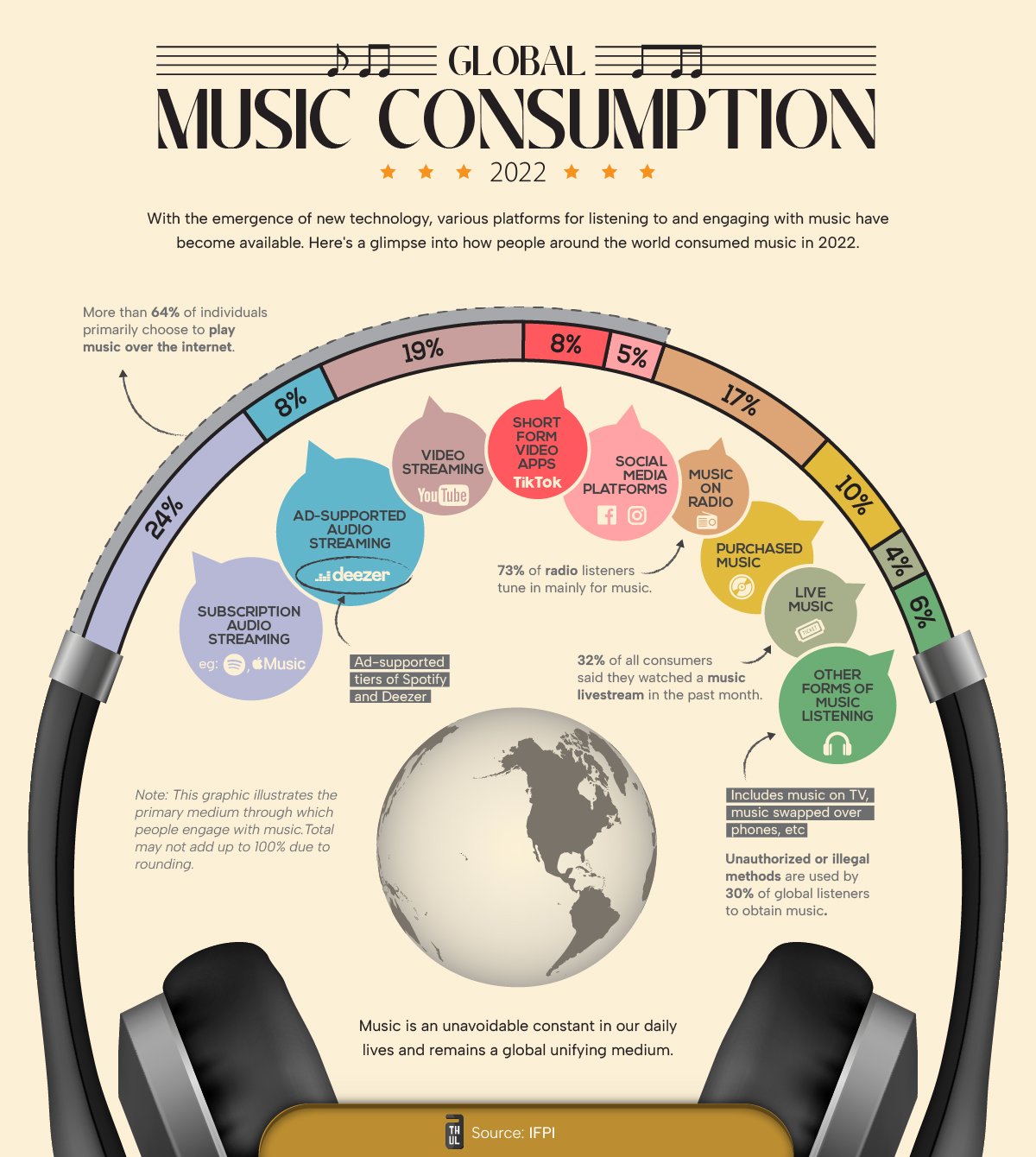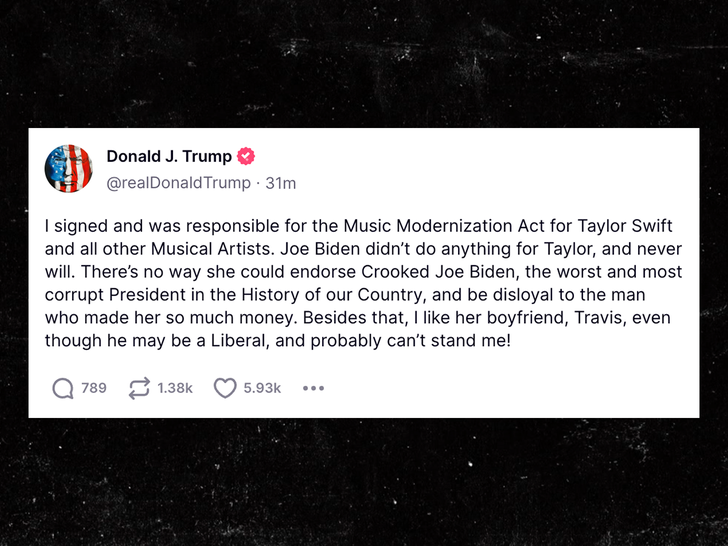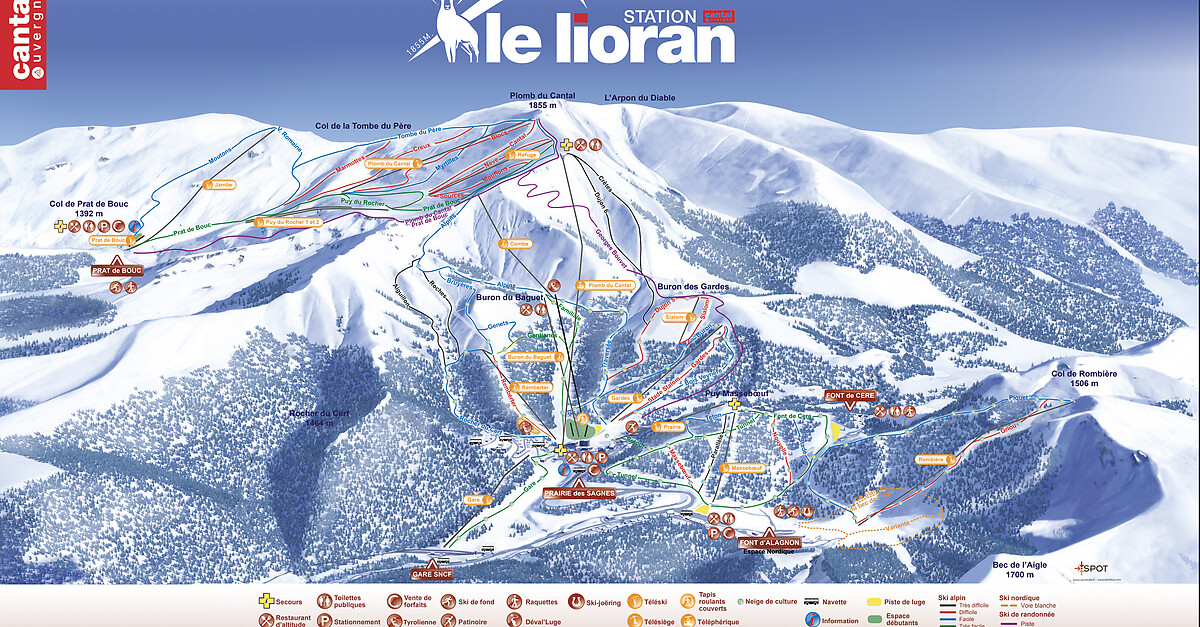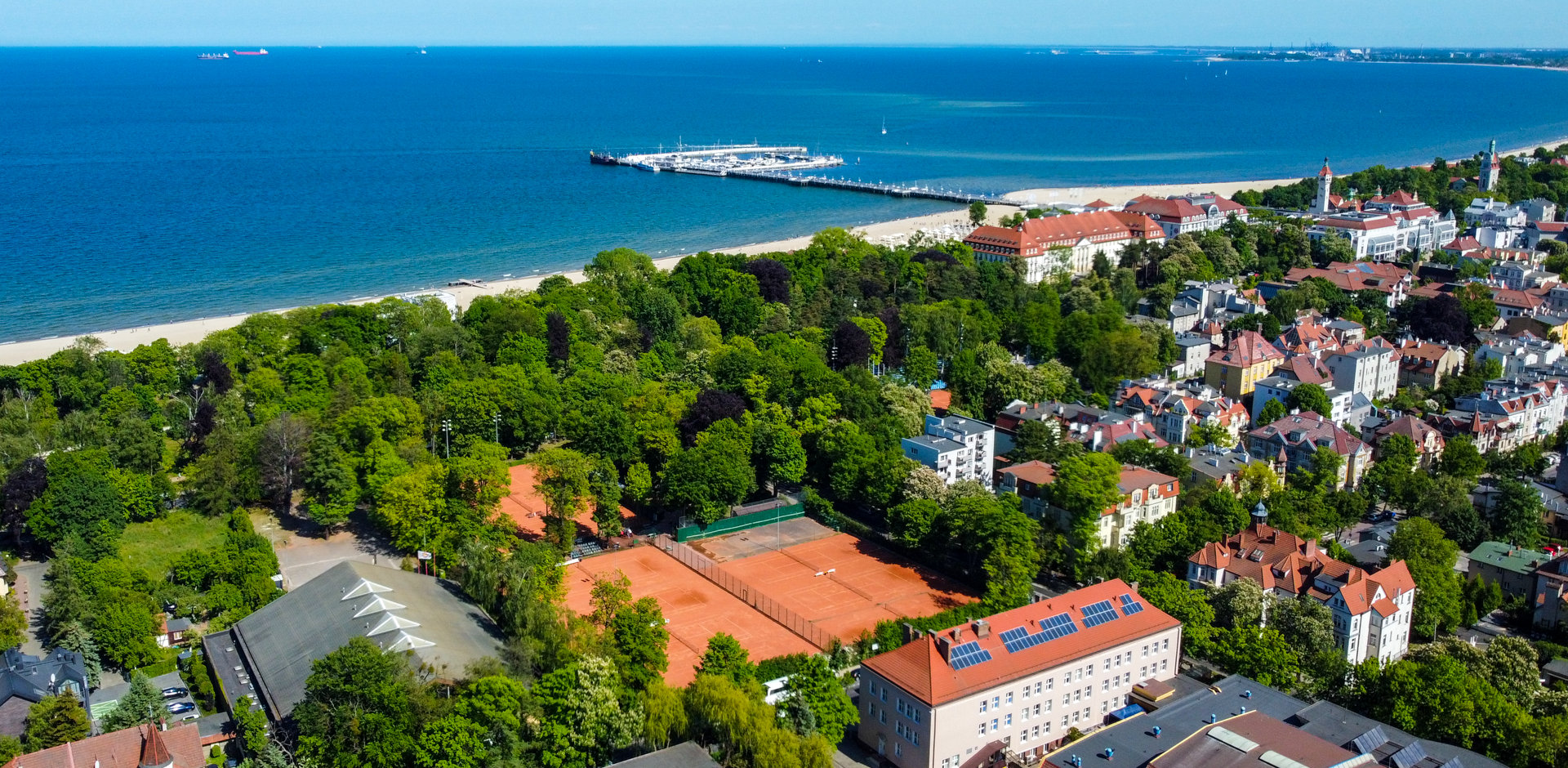Assessing The Economic Contributions Of Major Music Events

Table of Contents
Direct Economic Impacts of Music Events
The direct economic benefits of music events are immediately apparent and substantial. These impacts directly translate into revenue streams and job creation within the host community.
Ticket Sales and Merchandise Revenue
The most obvious source of direct revenue is ticket sales. This includes various ticket tiers, VIP packages, and potentially early-bird discounts, all contributing to a significant income stream for event organizers. Beyond tickets, merchandise sales—ranging from t-shirts and posters to exclusive limited-edition items—add another layer of revenue generation. The money spent by attendees doesn't simply disappear; it circulates through the local economy, creating a multiplier effect. For instance, the Coachella Valley Music and Arts Festival generates millions of dollars annually, a large portion of which is directly attributable to ticket and merchandise sales, demonstrating the significant financial power of large-scale events.
- Ticket Sales: Various pricing tiers, VIP packages, and early bird discounts maximize revenue.
- Merchandise Sales: Branded apparel, souvenirs, and exclusive items add considerable income.
- Multiplier Effect: Money spent by attendees is re-spent within the local economy, boosting overall economic activity.
Employment Generation
Major music events are significant job creators, both temporary and permanent. The need for event staff, security personnel, hospitality workers, and transportation services creates a surge in employment opportunities. This impact extends beyond the event itself, influencing related industries such as hotels, restaurants, and transportation services. For example, a large-scale festival might require hundreds of temporary staff members, while simultaneously boosting occupancy rates at local hotels and creating increased demand at restaurants and bars.
- Temporary Jobs: Event staff, security, catering, and cleaning crews.
- Permanent Jobs: Venue management, marketing, and other support roles.
- Indirect Employment: Increased business at hotels, restaurants, and transportation services.
Tourism and Accommodation Revenue
Music events attract significant numbers of out-of-town visitors, significantly boosting tourism and generating substantial revenue for local accommodations. Attendees often spend money on hotels, motels, Airbnb rentals, and other lodging options. This influx of tourists creates increased occupancy rates and stimulates demand for services like transportation, food, and entertainment, further enriching the local economy. Consider the impact of a major music festival drawing thousands of attendees from across the country; the economic ripple effect on hotels, restaurants, and local businesses is immense.
- Increased Occupancy Rates: Hotels and other accommodations experience high demand.
- Visitor Spending: Tourists spend money on lodging, food, transportation, and local attractions.
- Positive Economic Spin-offs: Increased revenue for local businesses, supporting jobs and economic growth.
Indirect Economic Impacts of Music Events
While direct economic contributions are significant, the indirect impacts of music events are equally crucial for long-term economic growth and development.
Increased Local Business Activity
Music events create a significant boost to local businesses. Restaurants, bars, shops, and other retailers experience increased customer traffic and sales during and around the event. This positive impact is particularly pronounced during otherwise slower periods, providing crucial revenue for local businesses. The vibrant atmosphere and increased foot traffic directly translate into increased sales and economic activity for these local businesses.
- Increased Sales: Local businesses see higher sales due to increased foot traffic.
- Positive Economic Spillover: Revenue generated benefits local businesses and employees.
- Support for Local Economy: Events contribute to the sustained growth and health of the local economy.
Infrastructure Development and Investment
Hosting major music events often necessitates investment in infrastructure. This can involve improvements to venues, transportation networks, and other public services. These infrastructure improvements are not only essential for the successful execution of the event but also provide long-term benefits for the community. The investments made often leave a lasting legacy, benefiting residents and future events.
- Venue Upgrades: Improvements to existing venues or construction of new ones.
- Transportation Improvements: Enhanced public transport, road infrastructure, and parking facilities.
- Long-term Benefits: Improved infrastructure enhances the overall quality of life and attracts future investment.
Positive Brand Image and Media Attention
Major music events generate substantial positive media attention, boosting the image and profile of the host location. This positive publicity attracts future investment and tourism, furthering economic growth. The associated media coverage acts as free advertising, showcasing the location to a wider audience and enhancing its desirability.
- Positive Publicity: Media coverage attracts attention from potential tourists and investors.
- Enhanced Brand Image: The host location gains a positive reputation and increased visibility.
- Attracting Future Investment: Positive image leads to increased investment in the area.
Measuring the Economic Impact of Music Events
Accurately measuring the economic impact of music events requires a comprehensive approach, utilizing both qualitative and quantitative data.
Economic Impact Studies
Thorough economic impact studies are essential for understanding the full scope of the contribution of these events. These studies consider a range of factors, including direct and indirect spending, multiplier effects, and the long-term consequences. Reputable economic impact assessments use robust methodologies to collect and analyze data, providing a realistic picture of the economic benefits.
- Direct Spending: Ticket sales, merchandise, and accommodation costs.
- Indirect Spending: Money spent by attendees in local businesses.
- Multiplier Effect: The cascading effect of spending throughout the local economy.
Data Collection and Analysis
Accurate data collection is critical for reliable economic impact assessments. This involves gathering information on attendance figures, spending patterns, and the use of local services. Data can be collected through various methods, such as surveys, point-of-sale data, and transactional records. However, accurately capturing all economic activity can be challenging, requiring sophisticated methodologies and data analysis techniques.
- Attendance Figures: Accurate counts of attendees are crucial for calculating overall economic activity.
- Spending Patterns: Analyzing how attendees spend their money provides insight into the economic impact.
- Data Sources: Combining various data sources increases the accuracy and reliability of the assessment.
Conclusion
Major music events deliver significant and multifaceted economic benefits, impacting local businesses, employment, and tourism. Accurate measurement through economic impact studies is crucial for understanding the full scope of these contributions. By understanding the significant economic impact of music events, planners and investors can better leverage these events to drive economic growth within their communities. Further research into the economic contributions of music events will help to optimize the benefits for all stakeholders.

Featured Posts
-
 Donald Trumps Taylor Swift Announcement Maga Reacts
May 18, 2025
Donald Trumps Taylor Swift Announcement Maga Reacts
May 18, 2025 -
 Jd Vance And Bowen Yang The Pope Killer Joke Controversy Explained
May 18, 2025
Jd Vance And Bowen Yang The Pope Killer Joke Controversy Explained
May 18, 2025 -
 Rethinking Retirement Is This New Investment Approach A Good Fit
May 18, 2025
Rethinking Retirement Is This New Investment Approach A Good Fit
May 18, 2025 -
 Snls Ego Nwodim And The Weekend Update Controversy Bowen Yangs Response
May 18, 2025
Snls Ego Nwodim And The Weekend Update Controversy Bowen Yangs Response
May 18, 2025 -
 Mike Myers Concise Response The Shrek Casting
May 18, 2025
Mike Myers Concise Response The Shrek Casting
May 18, 2025
Latest Posts
-
 Proces Panstwowa Spolka Vs Dziennikarze Onetu 100 Tys Zl W Gre
May 18, 2025
Proces Panstwowa Spolka Vs Dziennikarze Onetu 100 Tys Zl W Gre
May 18, 2025 -
 Promocyjna Cena Onet Premium Czytaj Fakt Bez Ograniczen
May 18, 2025
Promocyjna Cena Onet Premium Czytaj Fakt Bez Ograniczen
May 18, 2025 -
 Planifier Votre Sejour Au Lioran Depuis Onet Le Chateau
May 18, 2025
Planifier Votre Sejour Au Lioran Depuis Onet Le Chateau
May 18, 2025 -
 100 000 Zl Odszkodowania Panstwowa Spolka Przeciwko Onetowi
May 18, 2025
100 000 Zl Odszkodowania Panstwowa Spolka Przeciwko Onetowi
May 18, 2025 -
 Onet Premium Z Faktem Skorzystaj Z Promocyjnej Oferty
May 18, 2025
Onet Premium Z Faktem Skorzystaj Z Promocyjnej Oferty
May 18, 2025
